Genetic Conditions in Cats
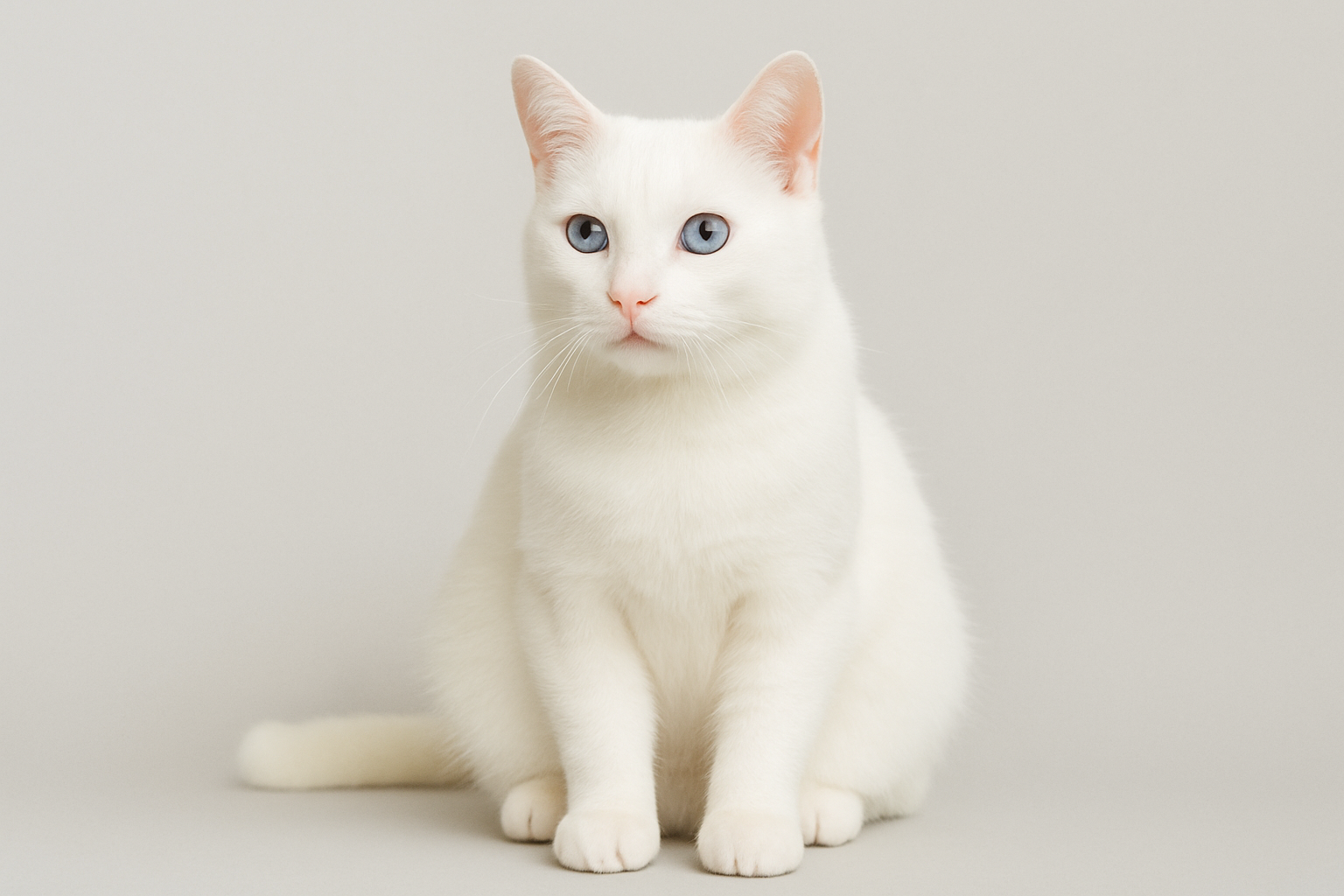
Genetic conditions in cats refer to health issues that are passed down through inherited genes. Some of these conditions are breed-specific, while others can affect any cat.
From heart disease in Maine Coons to deafness in white cats with blue eyes, these inherited traits can impact a cat’s quality of life and require lifelong care. Understanding the genetic risks tied to certain breeds is an important part of being a responsible cat parent.
Early detection through vet screenings and genetic testing can help manage or even prevent serious issues. Knowing what to watch for can make a huge difference in your cat’s health and happiness.
Whether you’re a cat owner or a prospective adopter, learning about feline genetic disorders will help you provide better care and make informed decisions. Explore our articles below to get familiar with the most common inherited conditions in cats.
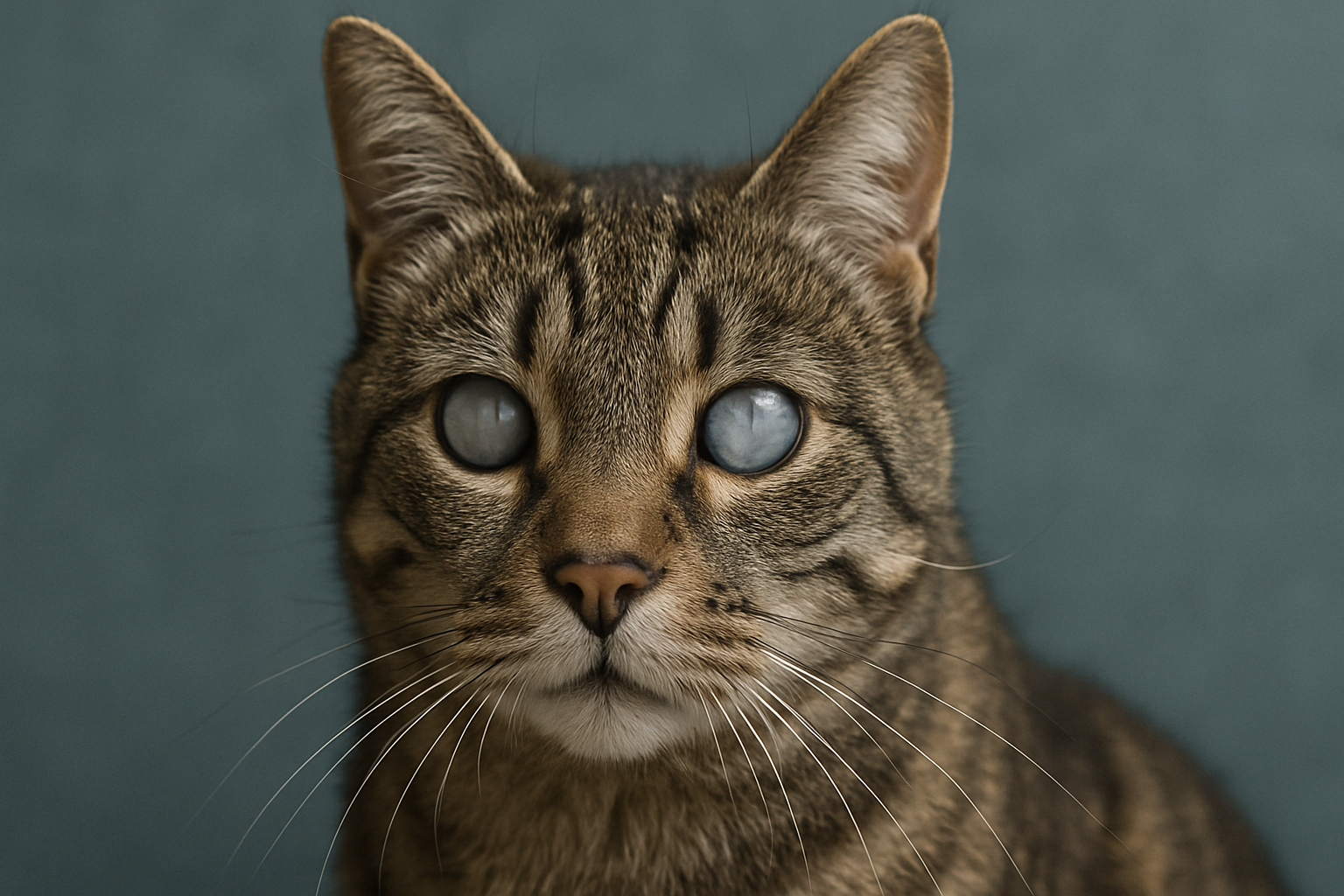
Progressive Retinal Atrophy in Cats
If you’ve noticed your cat bumping into furniture, hesitating in dim lighting, or showing signs of disorientation at night, it ...

Inherited Disorders in Cats
Inherited disorders in cats are genetic problems passed from one generation to the next. Certain cat breeds are more prone ...
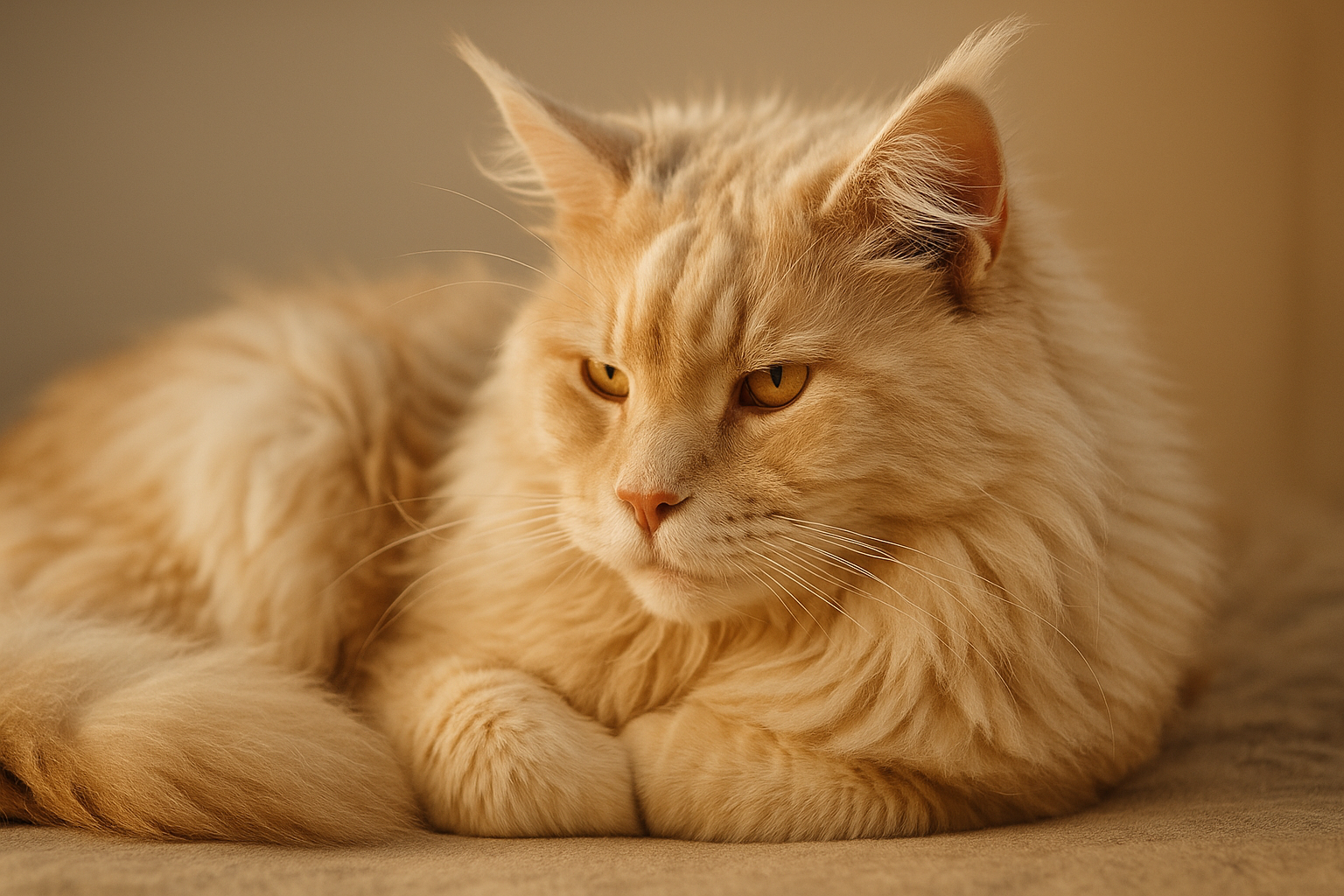
Spinal Muscular Atrophy in Maine Coon Cats
Have you ever noticed a kitten that walks a bit differently—maybe a little wobbly, or sits with their legs splayed? ...
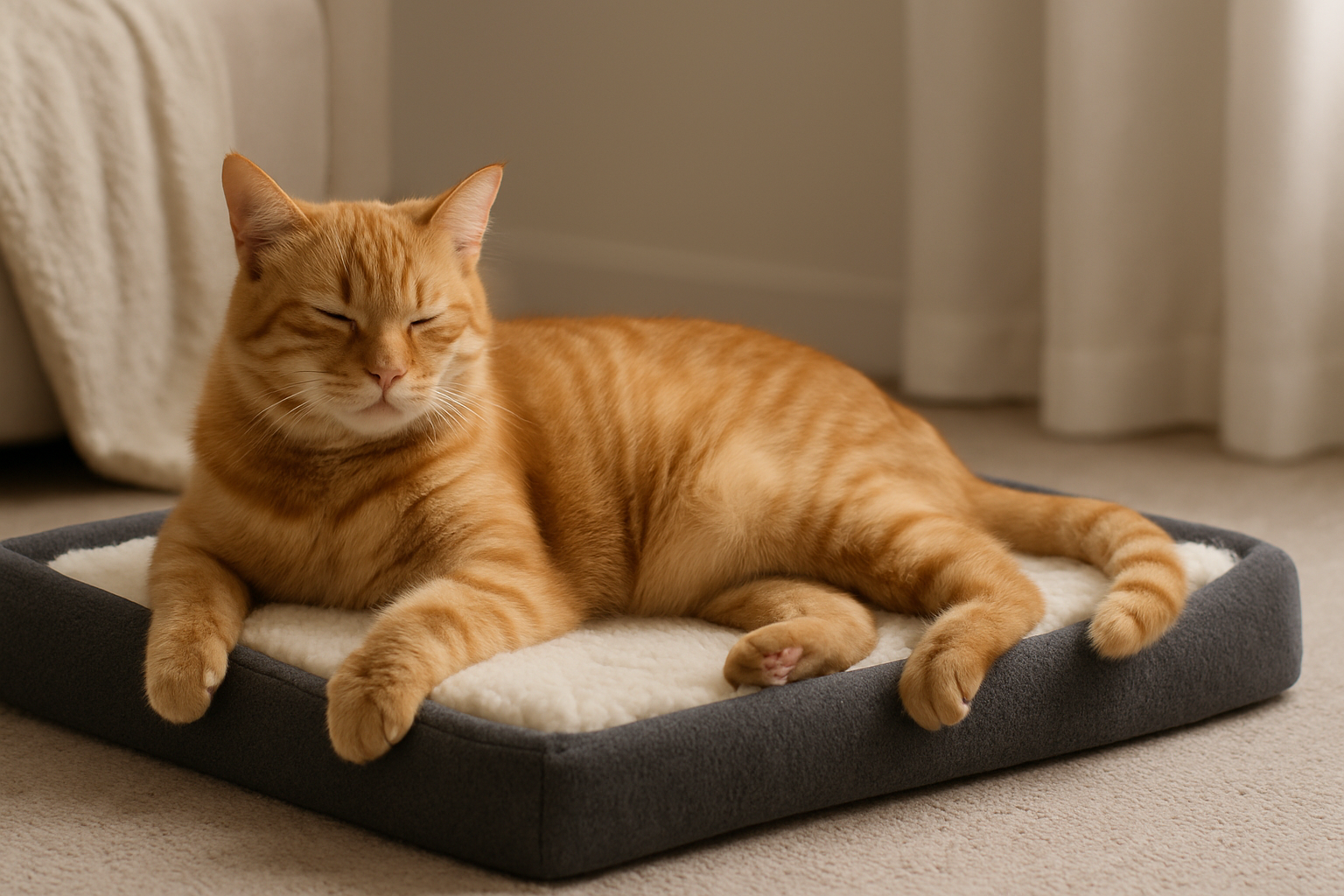
Hip Dysplasia in Cats
I’ll never forget when my first cat, Misty, started moving a little differently. She was the kind of cat who ...
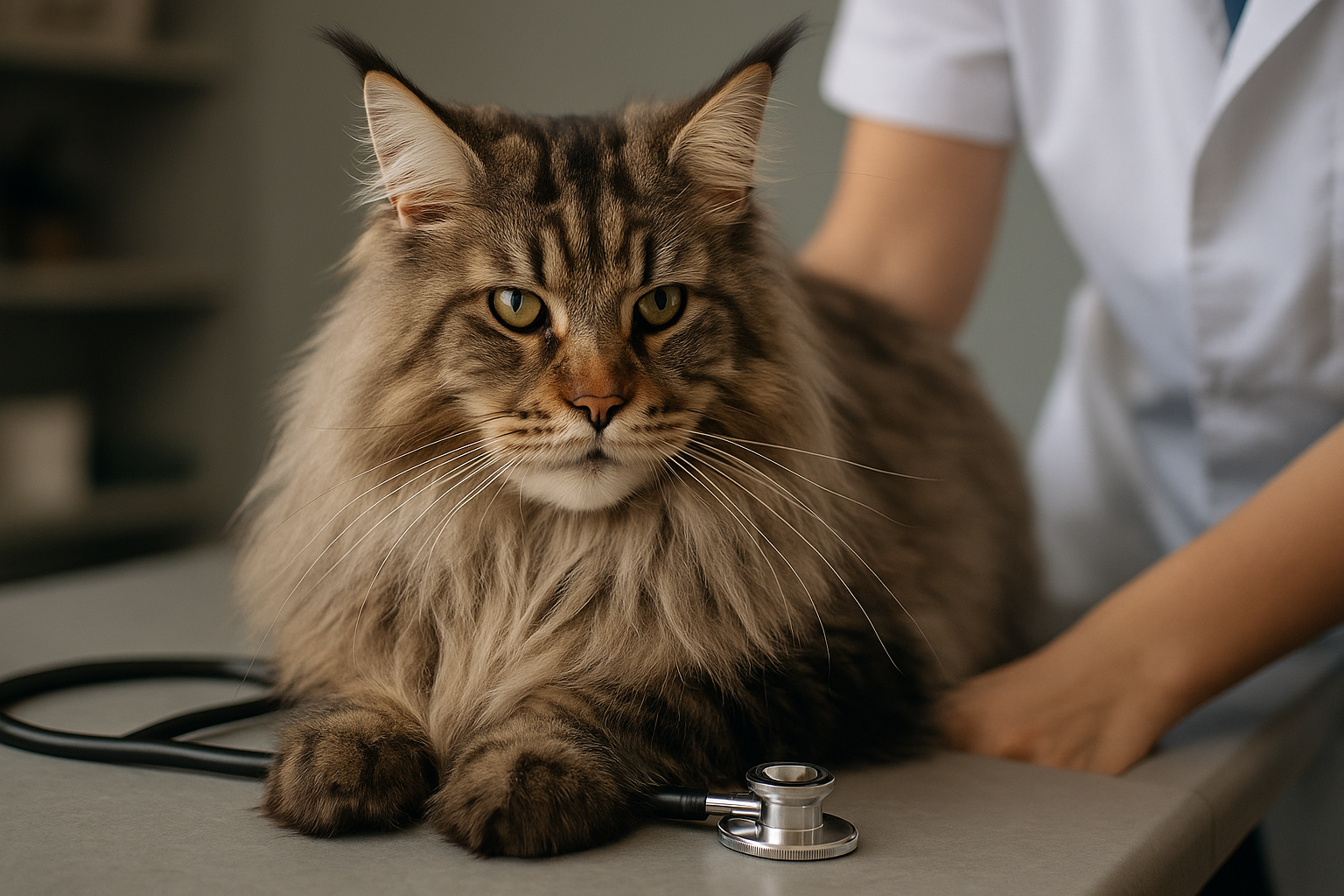
Understanding Hypertrophic Cardiomyopathy in Cats
I remember when a friend of mine called me, completely panicked. Her big, fluffy Maine Coon—just four years old—had suddenly ...
